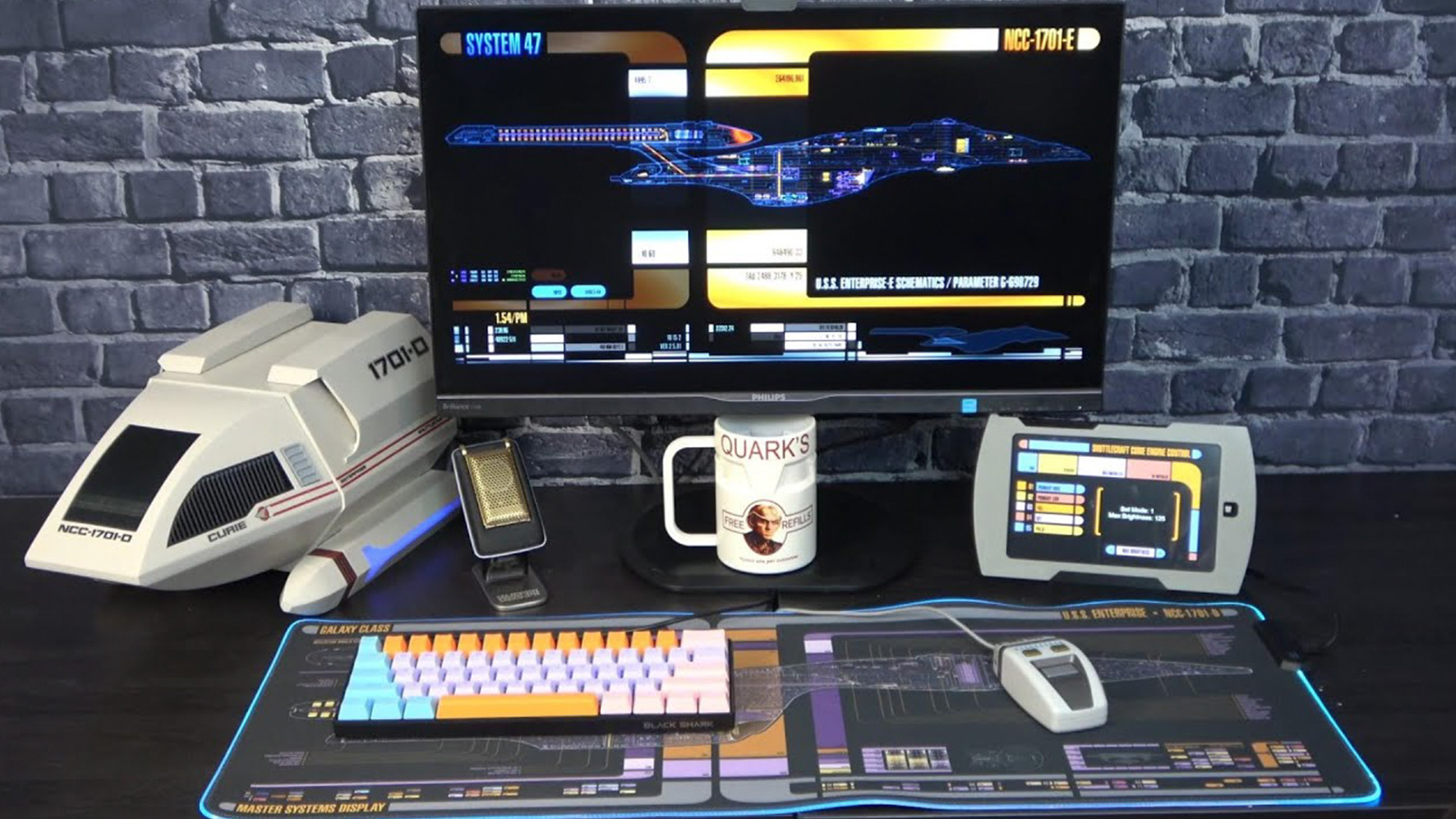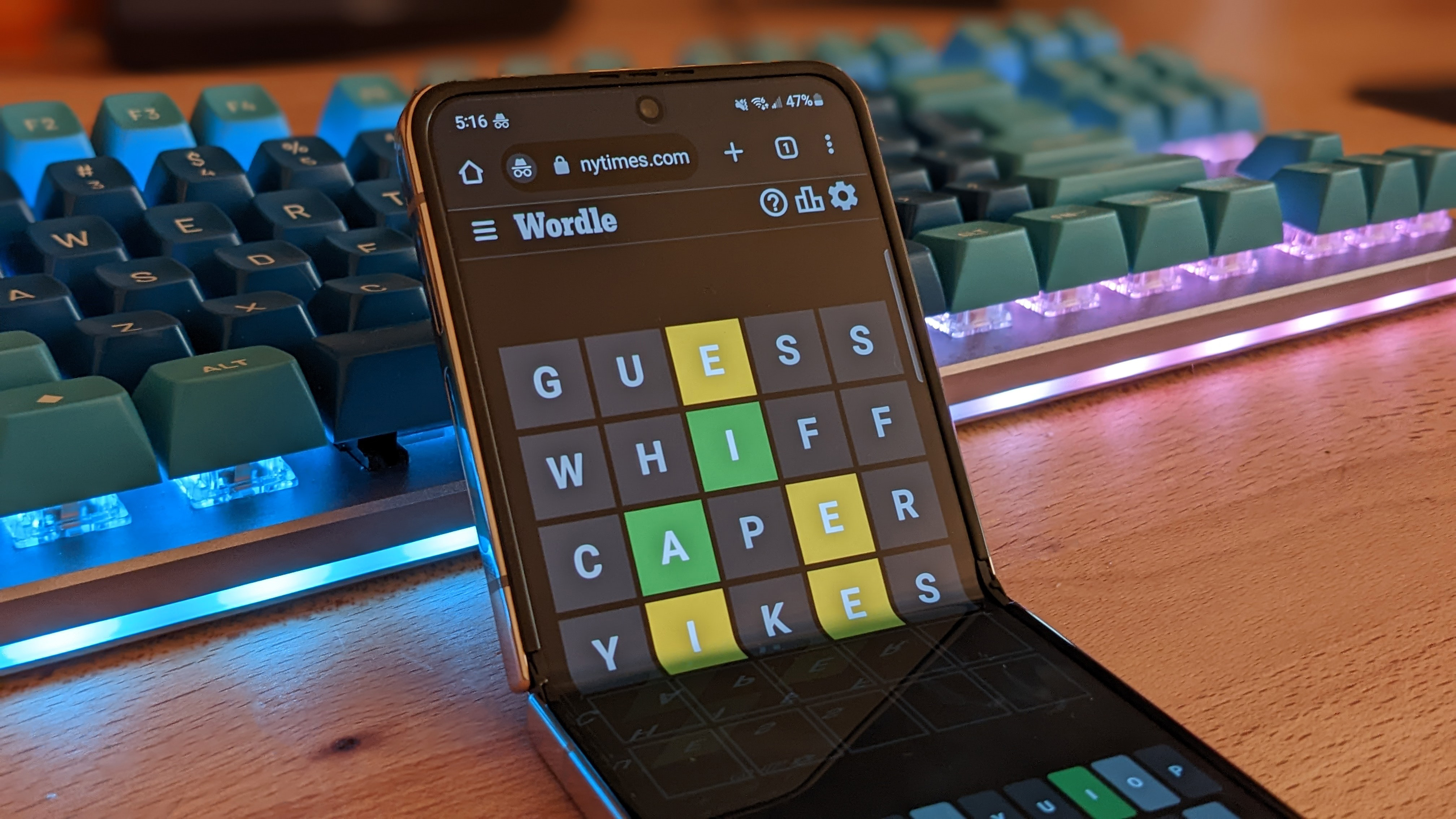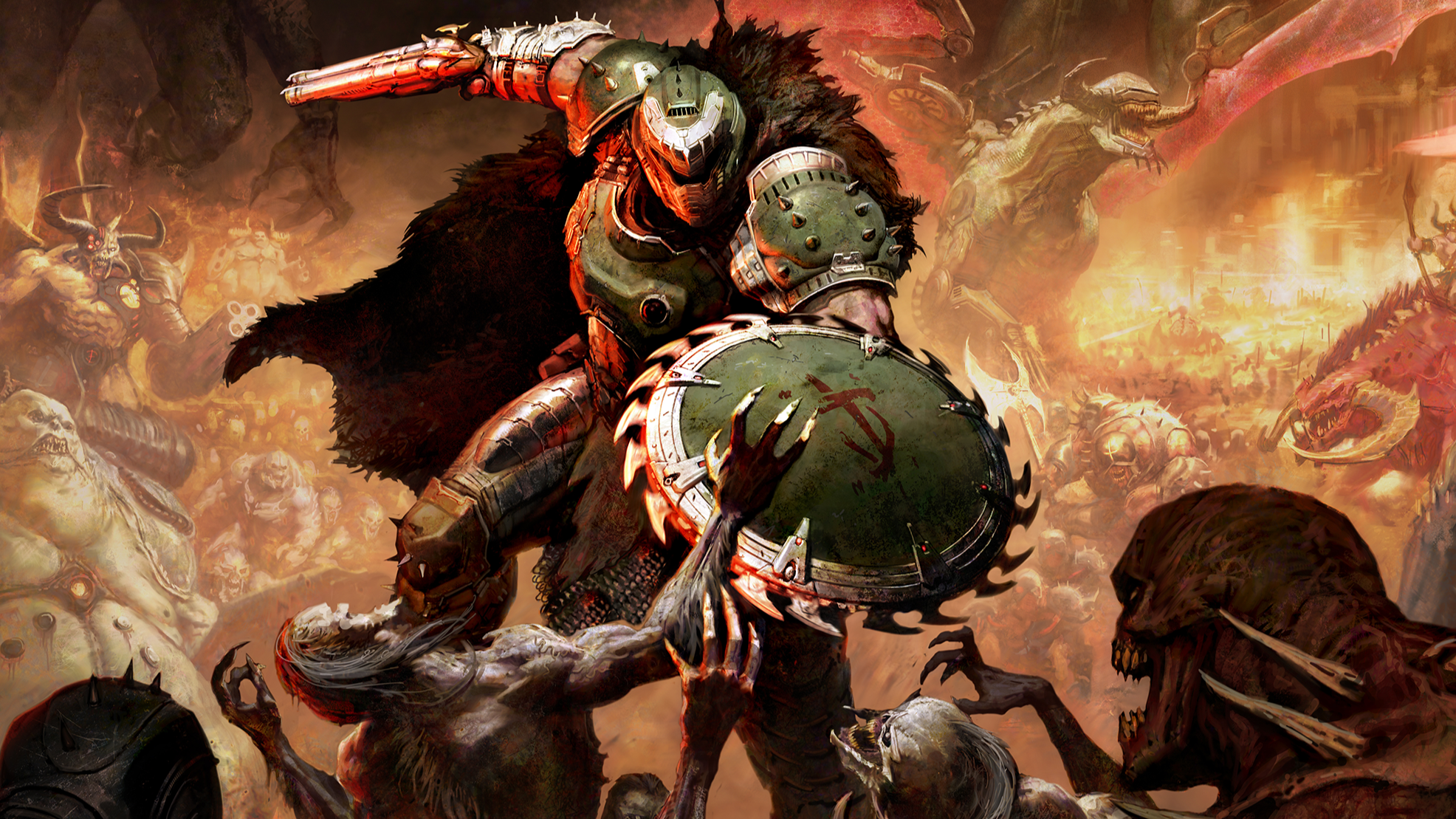
It has hidden USB ports and fans in the windows.
If there’s one thing that always showcases the creativity of the PC gaming world it’s, well, cases. DIY builds are where passionate gamers make sure the hearts they wear on their sleeves are also prominently visible on their desks. Thanks to these creative individuals, we get to see cool case builds ranging from this beautiful glass zen garden PC, to this rusty chainsaw nightmare. Today, we’re looking at a PC build that plans to shuttle us away to the final frontier.
Tom’s Hardware spotted this engaging build by James, better known as the TimeTravellingTech on YouTube. He explains during the video that the idea came about when first hearing about small Shuttle-branded PCs. Being the Star Trek nerd many of us can relate to, he envisioned a small computer shaped like the type-6 shuttlecraft showed off most prominently during episodes of Star Trek: The Next Generation.
This was Picard’s era of Trek, so it’s fitting this build was worked on to coincide with the release of Star Trek: Picard’s third season. It’s dubbed the Shuttlecraft Curie, likely named after the Curie assigned to the USS Enterprise judging by it’s 1701 branding, or perhaps the Federation shuttlecraft that once flew a young Kathryn Janeway from Earth to Mars. Both of which were no doubt named in homage of famed physicist and chemist, Marie Curie.
To make this beautiful build, James designed the case using AutoDesk, then printed it in parts to assemble. You can get a good look at the process in the video, which includes a few cute jokes and a montage. It’s worth noting the materials James uses aren’t for the faint of heart, and you’d need a very good 3D printer to work with them. He even warns about the 3D printing process in his video, showing off many failed attempts.
(Image credit: Colorwave)
Best gaming mouse: the top rodents for gaming
Best gaming keyboard: your PC’s best friend
Best gaming headset: don’t ignore in-game audio
The beauty of this build is a little skin-deep for now. While the intent is to put some meaner guts inside eventually, for now it’s being tested with lower-spec parts. An Nvidia GT650 GPU, i5 4460, 16GB of DDR3, as well as a 512GB SSD make up the guts of this shuttle. That being said, having USBs nestled within warp engines, buttons hidden in panels, and vented windows powered by the matching beige and always effective Noctua fans are all wonderful touches. There’s even USB ports hidden in the sides.
James completes the look with a custom keyboard, mouse mat, and well, everything really. It’s a seriously cool build, and if you haven’t already I highly recommend watching the video to get a look at all the easter eggs he’s included. You can also get a look at some great pics on James’s Twitter.
If this is a bit much for you, maybe take a smaller DIY step with these wooden Corsair panels. This build is definitely going to be hard to top, but I can’t wait to see what wonderful builds we’ll see from James next.






